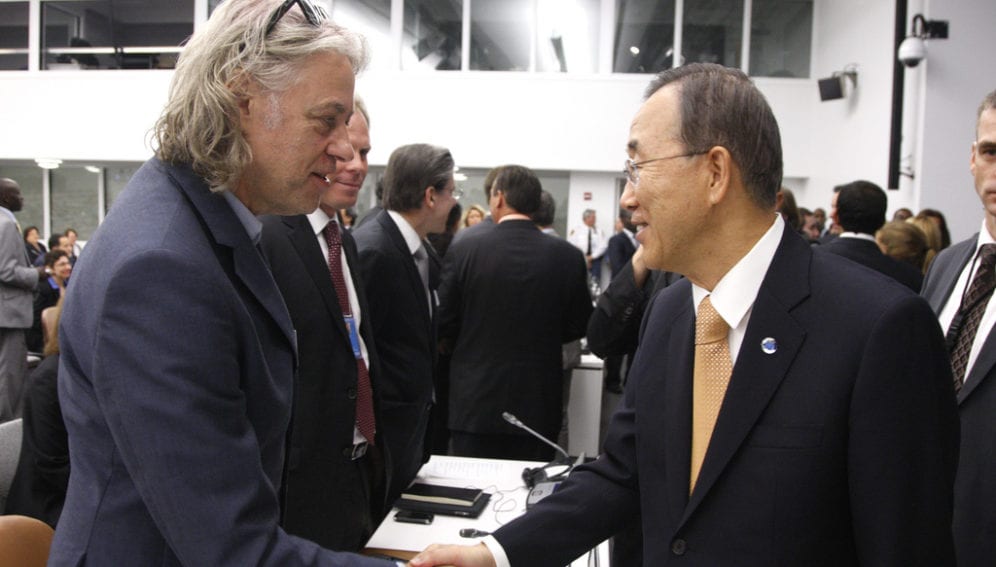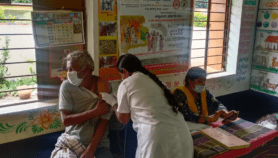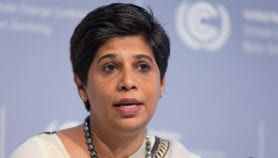Send to a friend
The details you provide on this page will not be used to send unsolicited email, and will not be sold to a 3rd party. See privacy policy.
A network of universities, research centres and technical institutions to provide practical sustainable development solutions has been launched by the UN.
The Sustainable Development Solutions Network (SDSN), launched last month (9 August), will work with governments, UN agencies, the private sector and civil society organisations to identify and demonstrate new approaches to sustainable development.
Poverty alleviation, social inclusion and environmental sustainability — three of the major sustainable development goals laid out in the Rio+20 outcome document, 'The Future We Want' — will be the network's main targets.
“The network will bring another set of actors, currently at the fringes of sustainable development problem-solving, into the discussion.”
Jeffrey Sachs
Although in the very early stages, there was already "a high level of interest", according to the SDSN's director, Jeffrey Sachs, who is also the UN secretary-general's special advisor for the Millennium Development Goals (MDGs).
Sachs said he hoped that by mid-2013, the appointment of working groups to tackle specific issues, the development of new models for sustainable agriculture and urban environments, and the implementation of procedures for affiliated institutions will have taken shape.
The network will generate ideas and review documents for governments and institutions, mobilise funds, and provide a platform to showcase projects in a pre-commercial stage such as carbon capture and agroecology technologies.
SDSN also aims to serve as an open-access information store, although the specific member commitments for this are still under discussion.
Above all, the network will amplify the voices of scientific and technological institutions — at local, national and regional levels — in global debates, said Sachs.
"The network will bring another set of actors, currently at the fringes of sustainable development problem-solving, into the discussion", he told SciDev.Net.
It is these actors that are best placed to devise the practical solutions desperately needed for sustainable development, Sachs said, adding that the lack of engagement with stakeholders at a national and local level when developing the MDGs had limited their effectiveness.
"From experience, these institutions should be involved from the start."
To help this rich source of expertise filter into government processes, the SDSN will have multiple points of contact with UN agencies, providing them with briefing papers on complex and diverse scientific issues, driven by researcher expertise.
In particular, the network will have close ties with the high level panel formed recently to set a new development agenda beyond 2015 — the official 'end' of the MDGs. It will also link with other bodies, including the UN Educational, Scientific and Cultural Organization's (UNESCO) international scientific advisory board, which grew out of Rio+20, Sachs said.
He added that the SDSN's "downstream" processes were not meant to substitute for such bodies but rather to complement their roles.
However, David Sattertwhaite, a senior fellow at the International Institute for Environment and Development, in the United Kingdom, told SciDev.Net that sustainable development solutions already existed at grassroots level.
Therefore, rather than focusing on academic institutions, which had a poor record in driving development gains, more effort should be made to empower local governments through better funding, as they are best placed to capitalise on these innovations, he said.














